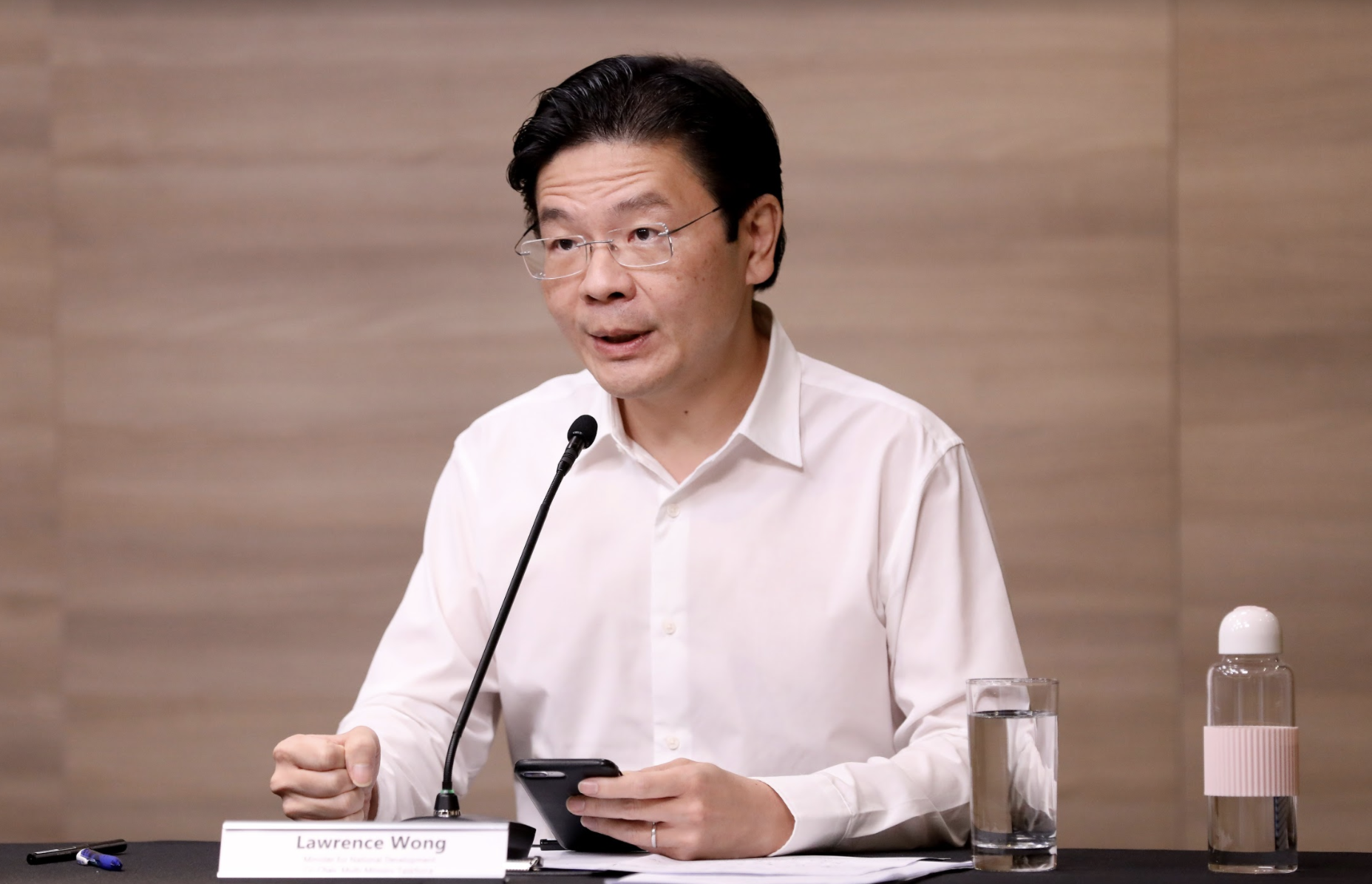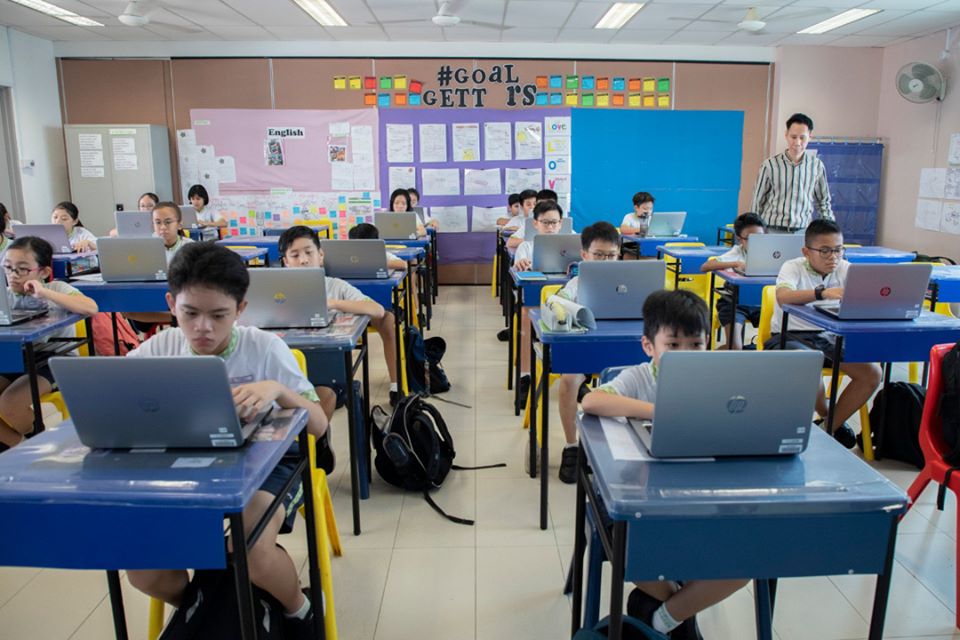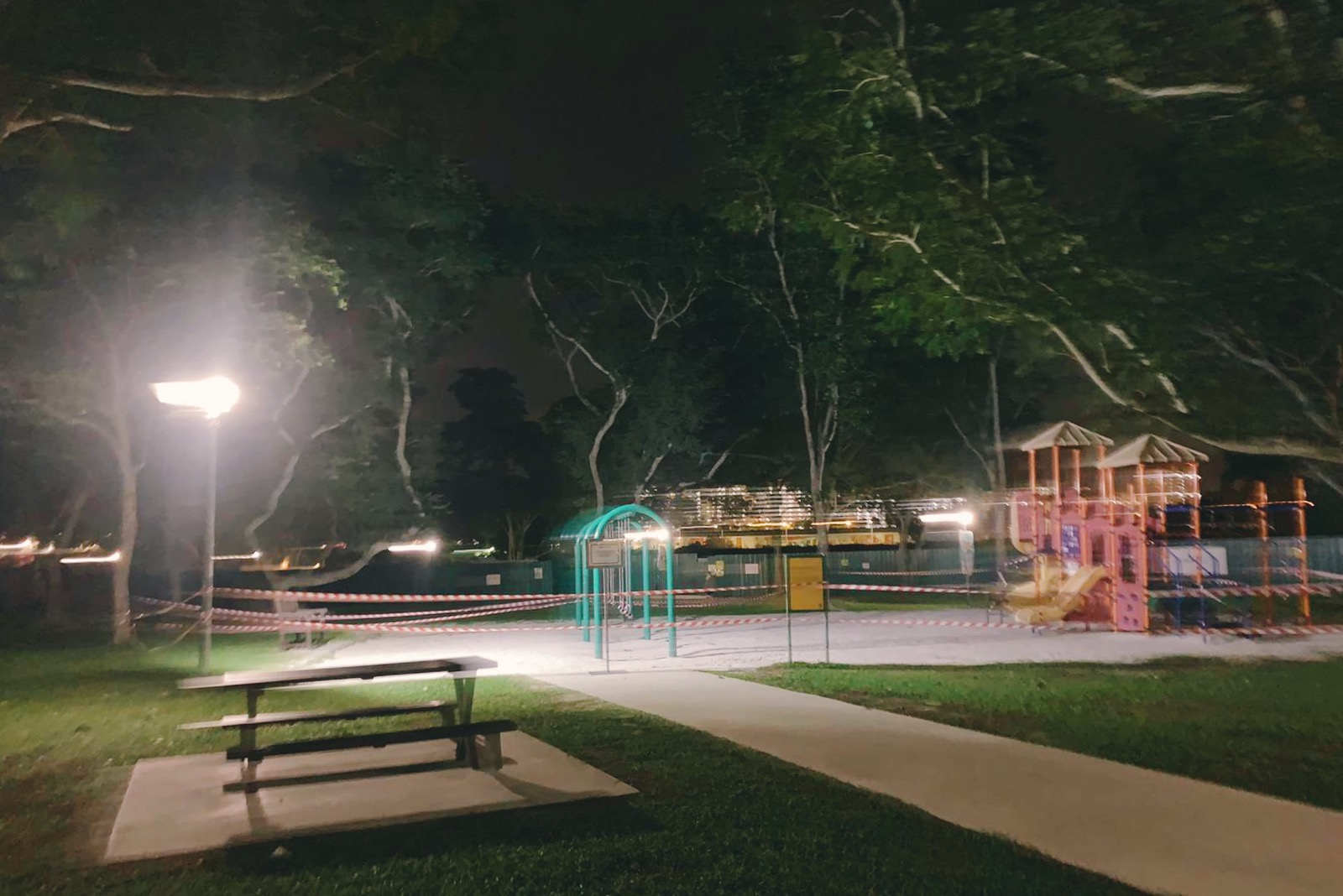Singapore will exit the circuit breaker from June 1 in phases, "in a very careful and calibrated manner", Minister Lawrence Wong said on Tuesday, May 19, at the COVID-19 press conference.
In Phase 1, however, many restrictions that are currently in place will continue, in order to not risk a flaring up of the virus again.
Wong, who co-chairs the multi-ministry taskforce on COVID-19, stressed, "We do not want to sacrifice the efforts that all of us have put in over the past few weeks in controlling the outbreak."
Critical sectors and businesses that operate in settings with lower transmission risks will be allowed to reopen in the first phase, which will last a few weeks. However, those who are working from home should continue to work from home. Employees are advised to only return to workplaces where necessary, such as to access specialised systems/equipment that cannot be accessed from home, or to fulfil legal requirements.
Retail shops and personalised services are not planned for reopening in Phase 1, and dining in at F&B outlets will continue to be disallowed. Only selected services, namely, motor vehicle servicing, aircon servicing, basic pet services, school bookshops and retail shops selling school uniforms will be allowed to resume. Hairdressers and barbers are allowed to resume offering all hairdressing services, beyond basic haircut services.
All home-based businesses that operate using a delivery/ collection model can resume.
Meanwhile, preschools will gradually re-open by levels from June 2, with full resumption by 10 June 2020, so that young children can be cared for safely while their parents return to work. Students from graduating cohorts at primary and secondary levels will attend school daily, while other cohorts will rotate weekly. Junior Colleges and Millennia Institute will arrange to have half of their students back in school at any one time.
Students in the Institutes of Higher Learning (IHLs) whose terms are in session will be able to return to campus for practical and lab-based sessions, with lectures remaining online. All staff and students will be required to wear masks or face shields when in school or on campus.
Places of worship can open from June 2 for private worship, with congregational services still banned.
Each household will also be allowed to visit their parents or grandparents staying elsewhere, but the receiving household should limit such visits to only one per day, and to not more than two persons who must be from the same visiting household.
Should community transmission remain low in Phase 1, Singapore will then be in a position to enter Phase 2 of the easing of circuit breaker measures.
There will be gradual resumption of more activities, and small social gatherings will be allowed. More firms and businesses – starting with F&B dine-in and retail outlets, gyms and fitness studios, and tuition and enrichment centres – will be allowed to re-open.
Sports, recreation and outdoor facilities will also start to re-open, subject to safe management practices for both facility staff and users being in place.
Depending on the COVID-19 situation and our risk assessment, Singapore will continue to ease measures gradually until we reach a new normal in Phase 3 – defined as a state at which the country expect to remain until an effective vaccine or treatment for COVID-19 is developed.
Social, cultural, religious and business gatherings or events would have resumed by this time, although gathering sizes would still have to be limited in order to prevent large clusters from arising. Seniors would have been able to resume day-to-day activities while practising safe distancing measures and avoiding peak period travel, crowded places and large groups.
Services and activities that involve significant prolonged close contact (such as spas and massages) or significant crowd management risk in an enclosed space (for example, cinemas, theatres, bars, pubs and nightclubs) would also have been allowed to re-open.





